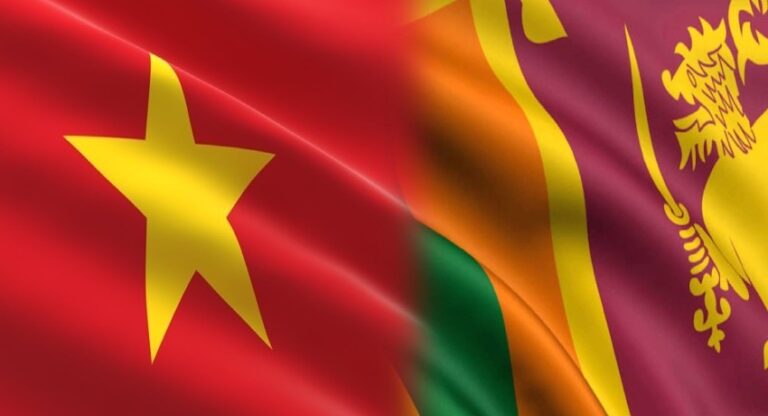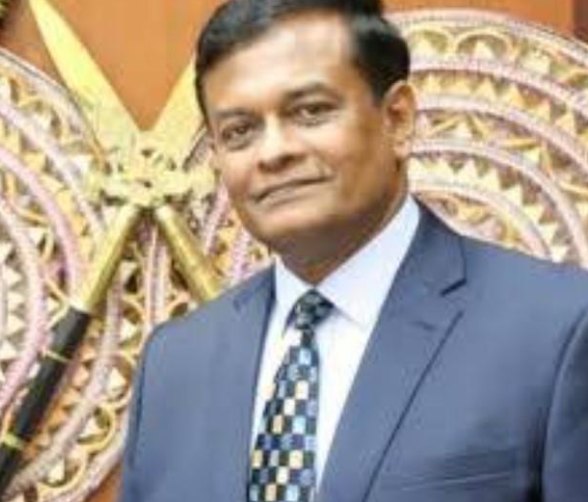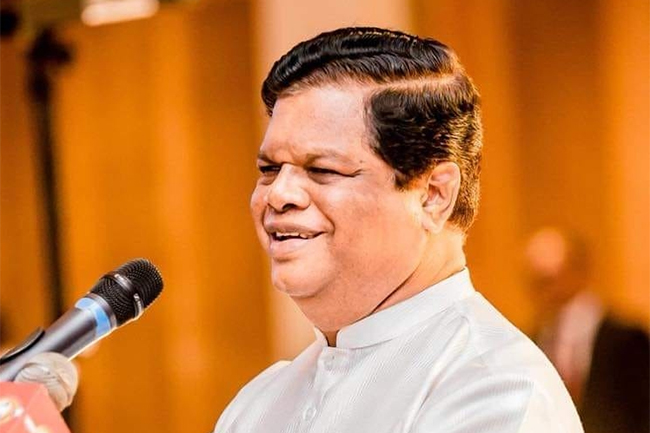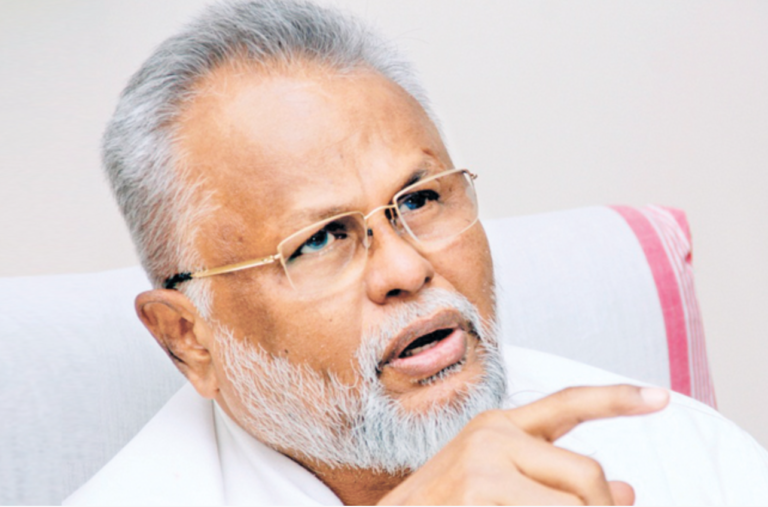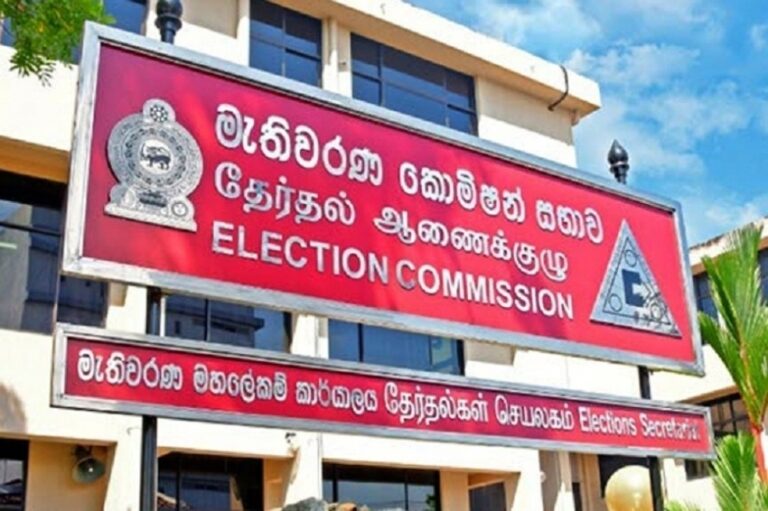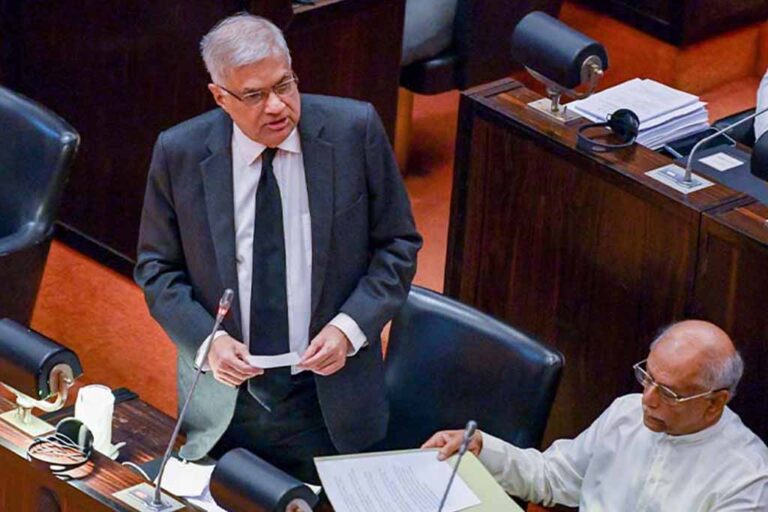August 07, Colombo (LNW): Sri Lanka is gearing up to export Pharmaceuticals to Viet Nam as a major stride in tapping the East -Asian Market.
Ambassador of Sri Lanka to VietNam A. Saj U. Mendis, delivering the welcome remarks,at a webinar on “Sri Lankan Pharmaceutical Industry” for Vietnamese pharmaceutical companies mentioned that although the pharmaceutical manufacturing in Sri Lanka is modest in its scale and scope when compared with VietNam, the quality of drugs produced in Sri Lanka is quite high.
It is also adhering to the international standards such as ISO, WHO and EU GMP standards maintained by the industry, he said. .
Ambassador Mendis further stated that the Sri Lankan pharma companies are much eager and keen to associate, engage, form joint ventures, and to export to the Vietnamese market.
He further noted that Viet Nam boasts a large pharma market in excess of US $ 10 billion and envisages it to reach $ 16 billion within the next couple of yeara. Mendis further added that Viet Nam is a rapidly developing economy, which could be described as amongst the fastest growing economies in the world, with a population of 100 million.
The Embassy of Sri Lanka in collaboration with Export Development Board (EDB) organised a webinar on “Sri Lankan Pharmaceutical Industry” for Vietnamese pharmaceutical companies a couple of days before the Medipharm Expo 2024 in Ho Chi Minh (HCM) city.
This was organised in order to raise the awareness as well as the potential of Sri Lankan pharma sector to leading importers and manufacturers of pharma in Viet Nam.
The webinar was attended by over 100 pharma companies in Viet Nam, Drug Authority of Viet Nam and Viet Nam Pharmaceutical Association along with the Sri Lankan pharma companies which are participating at the aforementioned Medipharma Expo 2024.
The pharmaceutical Sector has been identified as one of the promising and emerging sectors in Sri Lanka, not only to be developed as an import substitution industry but also as an export oriented industry which could earn and save foreign currency.
Considering the importance of strengthening the Pharmaceutical industry and increasing the sector’s contribution to the economy, EDB is also planning to tap Cambodia as a gateway to the East -Asian untapped Market:
Cambodia is a country which is spending more on healthcare with economic development. Both the government and the development partners from all over the world are committed for improving health system.
Cambodia has a potential economic gateway to the pharmaceutical market of over fifteen million consumers. Cambodia is a dynamic crossroad linking Thailand, Laos and Vietnam.


